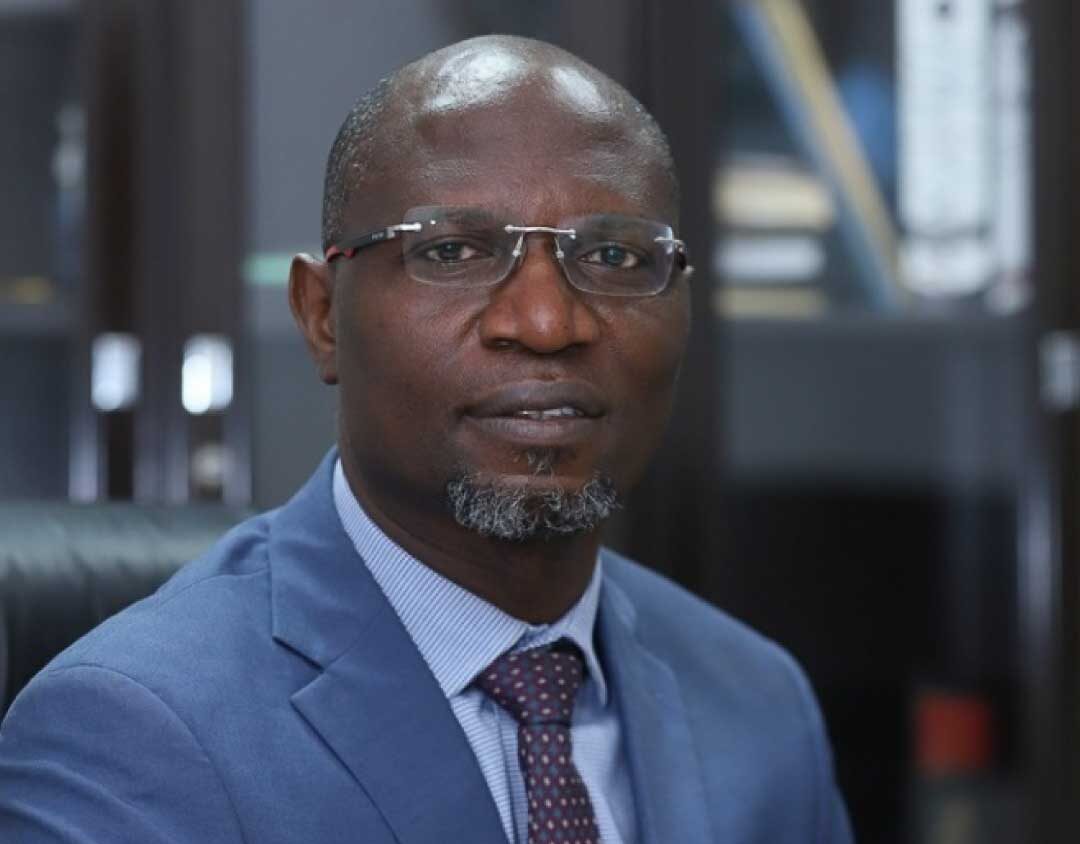Nigeria needs over $50 billion to address its infrastructural deficits, Director General of the Securities and Exchange Commission (SEC), Emomotimi Agama said while noting the role of the capital market in raising the necessary funds.
Gatekeepers News reports that Agama, on Thursday at a stakeholders’ programme in Lagos, said the capital market has been underutilised in addressing the country’s financial needs.
He said the regulator and operators need to further strengthen the capital market where funds are raised, noting that market-creative initiatives must be encouraged.
“We have the capacity. Debt in the Nigerian capital market has not been fully explored. People are unaware of this, which is why we are working to educate them about the capital market. The capital market is the barometer of any economy,” Agama said.
“Nigeria has the capacity to fund the capital market. To achieve this goal and mainstream the capital market into the national economy.
“Our infrastructure needs are huge, in every aspect. Considering that we have 36 states in the country and the FCT, which require funds for roads, health services, airports, education, and agriculture. It is all-encompassing, so we are looking beyond $50 billion to deal with these infrastructure deficits.
“The president of the Federal Republic of Nigeria, President Bola Tinubu, has asked us to grow a one trillion-dollar economy. That is possible – it is possible in the capital market. It is possible via the mining sector, the oil and gas industry, construction, housing, and development. It is possible in every way.
“If you imagine the amount of money we need to galvanise that, then you know it is possible. No is not an answer to us in the capital market because it is possible.”
Tom Ceusters, Director of Treasury Capital Market and Investments at IFC, said Nigeria is a critical partner and emphasised the need to educate mid-level regulators and market infrastructure participants.
“We have educated 224 alumni from 56 countries, including 22 in Nigeria. The results of the programme are tangible, with alumni like the SEC DG making significant contributions to regulation and market development,” Ceusters said at the event.






